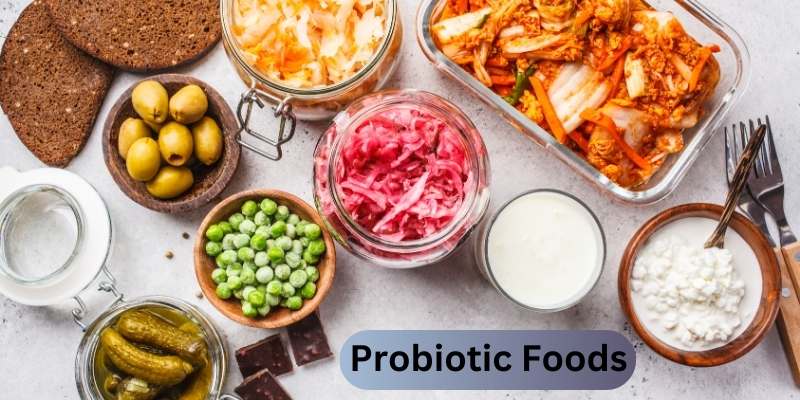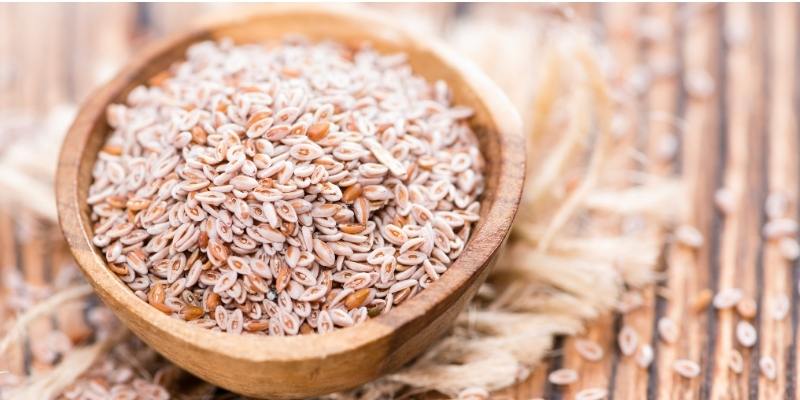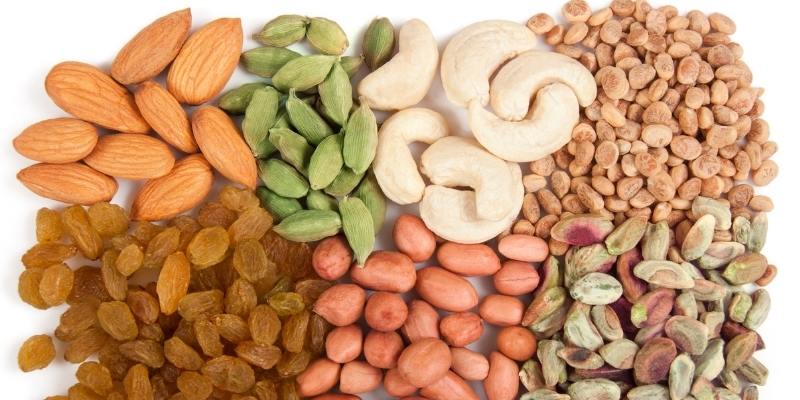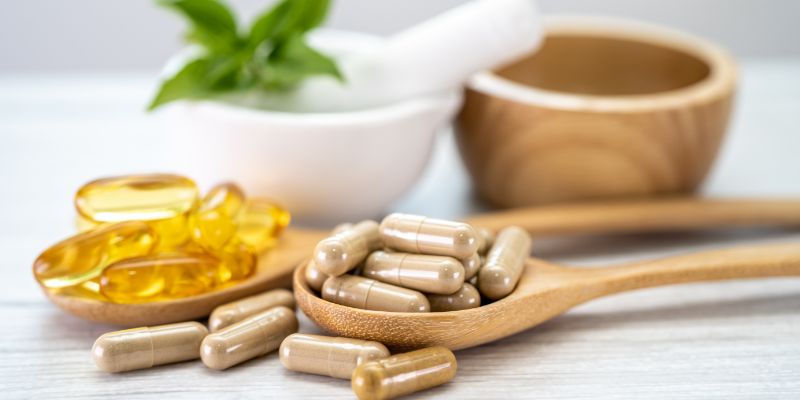Constipation is an uncomfortable, frequently annoying condition that can cause problems in day-to-day living. It might be difficult for someone to have a bowel movement occasionally. Each person has a unique experience with bowel movements. Bowel movements can vary in frequency, but specialists think three times a week to three times a day is the most suitable range.
Various factors, such as dietary changes, medical issues, and routine disturbances, can impact the ability to have a bowel movement. Fortunately, several natural remedies are available that are both moderate and helpful for your digestive system. Exercise and dietary modifications are powerful natural remedies that help people pass gas more often.
The article explores the top ten powerful natural constipation remedies and offers practical, safe strategies to continue having regular bowel movements.

Stay Hydrated:
A significant cause of constipation is dehydration. A deficiency of water in the body can cause hard, difficult-to-pass feces. Drinking enough water daily helps soften stools and guarantees that your digestive system is operating as it should.
How Much Water Is Suitable to Drink?
Consuming at least eight glasses of water, or around 2 litres, is generally advised daily. However, you could require extra if you're constipated. In addition, naturally hydrating foods like cucumber, watermelon, and herbal teas can help you meet your daily fluid needs.
Herbal Teas:
Natural laxative qualities found in certain herbal teas can aid in promoting bowel movements and relieving constipation. The following are a few of the best herbal teas for constipation relief:
Peppermint Tea
Tea with peppermint leaves comforts the stomach and helps with bloating and other constipation-related symptoms. Because of its modest muscle relaxant properties, the menthol in peppermint leaves your intestines more equipped to transport feces.
Ginger Tea
Ginger tea stimulates gastric motility, which aids in the digestion process by moving food and waste through your digestive tract. After a meal, sipping ginger tea might help avoid bloating and constipation.
Add Probiotics:
Your gut's microorganisms are essential to digesting. Constipation may result from dysbiosis, an imbalance of intestinal flora. Probiotics are good bacteria that aid in bowel movement improvement and gut balance restoration.
Probiotics Foods
Consuming more meals high in probiotics can support the maintenance of regular bowel movements. Among the top sources to get probiotics are:
- Yogurt
- Kefir drinks
- Pickles
- Kimchi

Psyllium Husk: A Supplemental Natural Fiber
One of the most often used natural fiber supplements to relieve constipation is psyllium husk. It is a highly effective bulk-forming laxative manufactured from the husks of the seeds of the Plantago ovata plant. Psyllium helps to soften stools and encourage bowel motions by absorbing water in the stomach.
Utilizing Psyllium Husk:
- In Water: Pour one or two tablespoons of psyllium husk into a glass of water, then sip immediately. After taking psyllium, it is essential to have another glass of water, as it thickens quickly and can lead to dehydration if not consumed with enough water. Psyllium husk is accessible on the stomach and may be taken daily to help with regularity. However, to avoid any intestinal obstructions, make sure you drink enough water.

Dry Fruits and Prunes:
One of the most traditional and well-known natural treatments for constipation is dry fruits. Both soluble and insoluble fibers included in prunes contribute to the volume of feces.
How to Treat Constipation with Prunes:
- Eat Whole Prunes: You can have a handful (56) of dried prunes or apricots per day.
- Prune Juice: Drinking a glass of prune juice can also be beneficial. For optimal advantages, go for 100% prune juice, as it has a more excellent sorbitol content.
- Similar benefits of high fiber may also be found in other dried fruits, such as raisins and figs, which can also be a delicious and efficient treatment for constipation.

Use Foods High in Magnesium:
Magnesium is a vital component that is important for relaxing muscles, particularly the intestines' muscles. It facilitates the absorption of water into the intestines, softening and facilitating the passage of feces. Foods high in magnesium can help relieve constipation naturally; supplements are not necessary. By including these items in your diet, you may improve your digestion naturally and avoid constipation in the future.
High-Magnesium Foods:
- Leafy greens, including kale and spinach
- Avocados
- Bananas
- Seeds of pumpkins
Use Chia and Flaxseeds:
Because they are high in fiber and good fats, flaxseeds and chia seeds are excellent natural constipation relief options. These seeds expand throughout the digestive tract after absorbing water, giving the stool more volume and encouraging bowel movements. Additionally, both of these seeds are high in omega-3 fatty acids, which have the potential to lower intestinal inflammation and improve digestive health in general.
Keep Moving: Exercise Stimulates Your Bowels
A straightforward yet effective treatment for constipation is exercise. By inducing intestinal contractions, physical activity facilitates the faster passage of food through the digestive system. Even modest activity can encourage regularity.
The Greatest Activities to Reduce Constipation
Exercises that are too challenging won't help you get constipated. Easy workouts like yoga, swimming, and walking are pretty beneficial. Mainly, yoga postures that are believed to improve digestion and lessen bloating include the Child's Pose and the Wind-Relieving Pose. To help avoid constipation and maintain general digestive health, try to get in at least 30 minutes of physical activity each day.

Increase Your Fiber Intake:
A diet high in fiber prevents and eases constipation. Larger stool with fiber moves more readily through the intestines. Consuming fiber-rich foods and natural supplements can boost digestive health.
Insoluble and Soluble Fiber
- Soluble Fiber: Oats, apples, and chia seeds absorb water to soften stools.
- Insoluble Fiber: Whole grains, leafy greens, and flaxseeds speed up the digestive process.
Coconut Oil:
Coconut oil is an effective constipation cure due to its laxative properties. It smooths stool flow by lubricating the intestines.
Coconut Oil Use:
- Cooking: Add 1-2 teaspoons of coconut oil to smoothies or cooking.
- Direct Consumption: Take one tablespoon of coconut oil on an empty stomach in the morning.
Conclusion
Constipation doesn't need to be a chronic problem. You may treat and even prevent constipation naturally with these top natural remedies, such as increasing your fiber intake, drinking plenty of water, including probiotics in your diet, and continuing to be physically active. You'll not only get relief right away but also set yourself up for long-term digestive health by adopting little, regular improvements.
Are you ready to take steps forward? Take a look at how your gut health improves over time by starting with one or two of these remedies in your routine.










